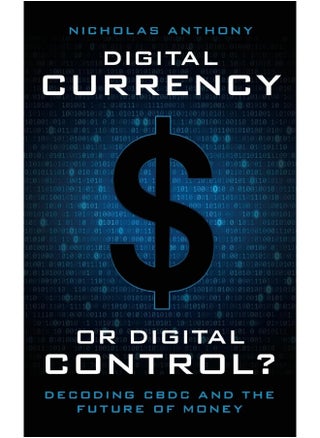| Book Description | Central bank digital currencies (CBDCs) are on the rise. In an attempt to reinvent money as we know it, central bankers and other policymakers around the world are currently researching, developing, and launching CBDCs. The prospect has caught the attention of the president of the United States, Congress, international institutions, and government contractors, but the public has largely been left out of this development. That needs to change.CBDCs are not simply "another form of money." Rather, CBDCs pose significant risks to financial privacy, freedom, and markets. Furthermore, CBDCs would open the economy to new cybersecurity risks while also jeopardizing the function and independence of central banks themselves. Yet, what is probably worst of all is that CBDCs fail to offer any unique benefits that offset these costs and justify the government's intervention in the market.In Digital Currency or Digital Control, monetary and financial economic expert Nicholas Anthony provides everything you need to get up to speed on CBDCs so that you can know what is at stake. From the myths of CBDC benefits to the threats posed by CBDC risks, this book will help you decode what CBDC means for the future of money. |
Free & Easy Returns
Best Deals

